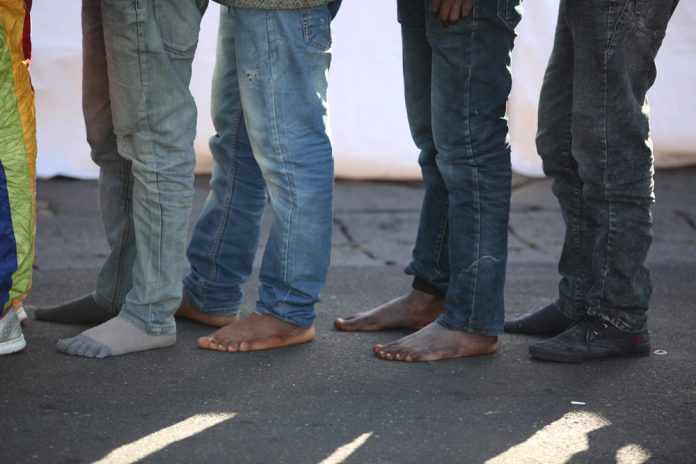Sixteen of the European Union’s 28 leaders gathered in Brussels on June 24 to discuss how to deal with migration. Hungary, Poland, the Czech Republic and Slovakia did not attend the meeting, which was aimed at reaching a consensus ahead of the full EU summit on June 28-29.
“The European Council will not yet provide an overall solution to the migration problem,” German Chancellor Angela Merkel said. “That is why it is also about bilateral or trilateral agreements for mutual benefit.”
As reported by the Agence France-Presse (AFP), French President Emmanuel Macron urged his counterparts to take advantage of the sharp drop in migrant arrivals since a 2015 peak (Europe’s worst such crisis since World War II) to find solutions.
Echoing ally Merkel, he urged a European solution, “whether that is cooperation among 28 or among several countries that decide to move forward together”.
Macron, however, apparently angered the new government of Italian Prime Minister Giuseppe Conte who accuses him of playing down the scale of the problem in Italy, the main European landing point for African migrants.
“The immigration emergency continues in Italy, partly because France keeps pushing back people at the border,” Italian deputy prime minister, Luigi Di Maio, shot back on his Facebook page, warning Macron risked turning France into “Italy’s number one enemy” on the issue.
In response, Macron said France would “take lessons from no-one” and that the main problem was the movement of migrants across EU borders.
He called for closed centres to keep asylum seekers in countries of arrival until their claims are processed. But this has been met with disagreement in Italy, which warns the country will be turned into “a refugee camp for all of Europe”.
Under EU rules, asylum seekers must be processed in the country where they first arrive, usually Mediterranean countries such as Italy, Greece and Spain.
In a separate report, Raidió Teilifís Éireann, Ireland’s National Public Service Broadcaster, noted that Italy presented a 10-point plan for greater burden sharing.
Italy also called for “protection centres” in migrant transit countries in Africa. Calls by France and Spain for EU members that do not accept refugee quotas to face “financial sanctions” was also backed by Rome.

